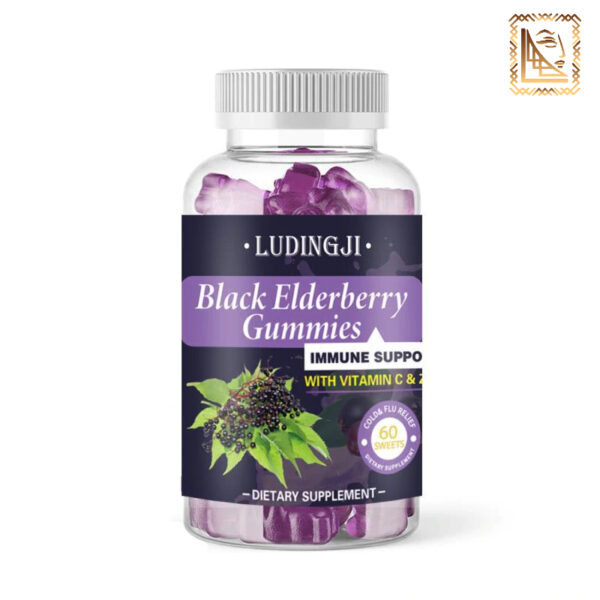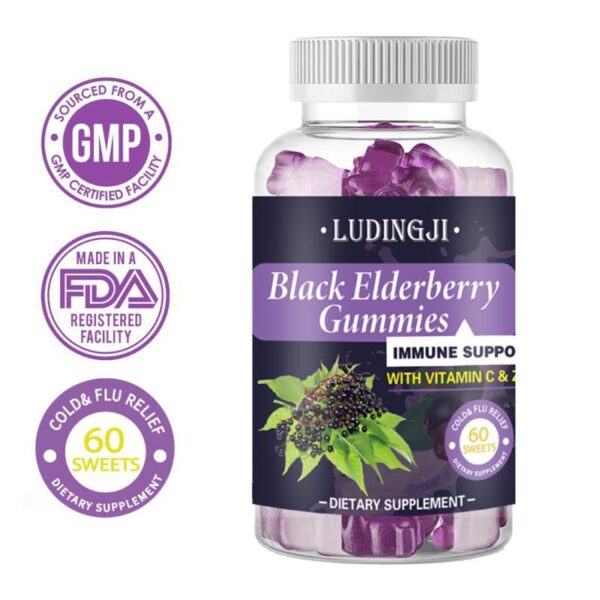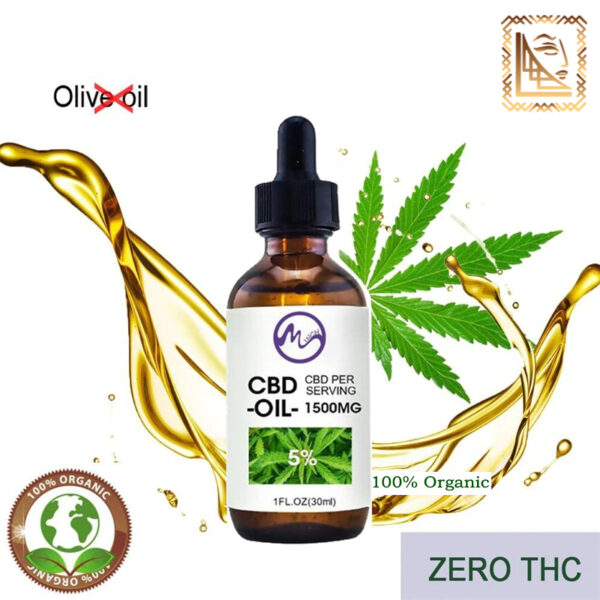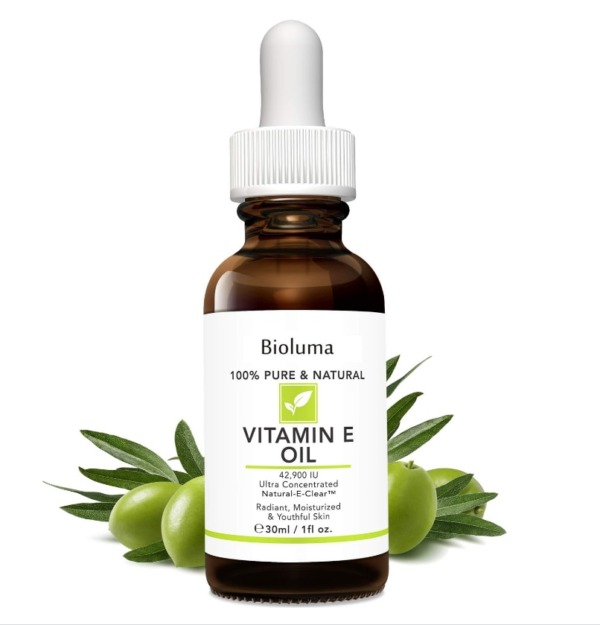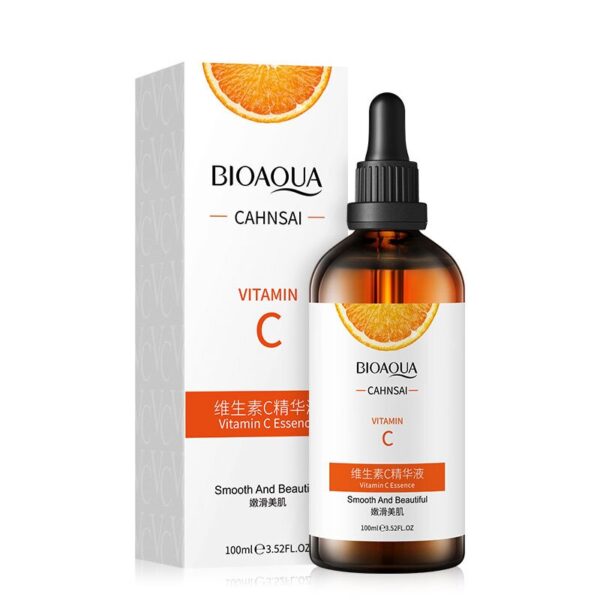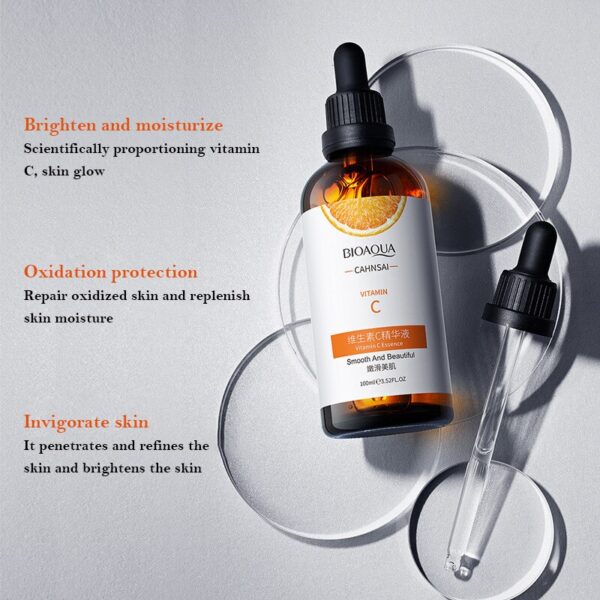Supplements are an important aspect of maintaining a healthy lifestyle. They provide an easy and convenient way to ensure that your body is getting the essential nutrients it needs to function properly.
There are many different types of supplements on the market, including vitamins, minerals, herbs, and amino acids. Each type of supplement has its own unique benefits, and choosing the right one depends on your individual needs.
Vitamins are essential for maintaining good health and well-being. They help to support the immune system, promote healthy skin, and maintain healthy vision. Some of the most important vitamins include Vitamin C, Vitamin D, Vitamin E, and Vitamin K.
Minerals are also crucial for maintaining good health. They help to support strong bones, maintain healthy teeth, and regulate the body’s fluid balance. Some of the most important minerals include calcium, iron, zinc, and magnesium.
Herbs have been used for centuries to support health and well-being. Many herbs have medicinal properties, and can be used to treat a wide range of ailments. Some of the most popular herbs include echinacea, ginseng, and chamomile.
Amino acids are the building blocks of proteins, and they play an essential role in the growth and repair of cells. There are 20 different amino acids that the body needs in order to function properly, and these can be found in a wide range of foods, including meats, dairy products, and legumes.
When choosing supplements, it is important to read the label carefully and make sure that you are getting the right dosage. It’s also essential to consult with a healthcare professional, particularly if you have any pre-existing medical conditions or are taking any other medications.
In addition, it is recommended to look for supplements that are manufactured by reputable companies, which are often third-party tested for purity and potency.
In conclusion, supplements can play an important role in maintaining a healthy lifestyle, as they provide a convenient way to ensure that your body is getting the essential nutrients it needs. Choosing the right supplement depends on your individual needs, and consulting with a healthcare professional is recommended for safety. With so many different types of supplements available, it is important to be an informed consumer and make sure that you are getting the best quality product.
Another important aspect to consider when choosing supplements is the form in which they are presented. Supplements can come in various forms such as capsules, tablets, powders, liquids, and gummies. Each form has its own advantages and disadvantages, and the choice will depend on personal preferences and the specific supplement being used.
Capsules and tablets are the most common form of supplements and are easy to swallow. They are also convenient for travel and can be easily stored. However, they can be difficult to break down for those who have trouble swallowing pills.
Powders and liquids can be mixed with water or another beverage, making them a good choice for those who have trouble swallowing pills. They also have a faster absorption rate than capsules and tablets. On the other hand, they can be messy and can have a strong taste.
Gummies are a popular form for children and for people who dislike pills, but they may contain added sugar and artificial flavors.
Another important consideration when taking supplements is the potential for interactions with medications. For example, calcium supplements can interact with blood thinning medications, and some herbs can interact with chemotherapy drugs. Therefore, it’s essential to inform your healthcare professional of any supplements you are taking, as they may need to adjust dosages or advise you to avoid certain supplements entirely.
Lastly, it’s important to remember that supplements are not meant to replace a healthy diet and regular exercise. They should be taken in addition to a well-balanced diet, not in place of it. A healthy diet rich in fruits, vegetables, whole grains, lean proteins, and healthy fats should provide the majority of the essential nutrients required for optimal health.
In conclusion, supplements can be a useful addition to a healthy lifestyle, but it’s essential to be informed and make informed decisions when it comes to choosing and taking them. Always be sure to consult with a healthcare professional, be aware of potential interactions, and remember that supplements should be taken in addition to a healthy diet, not as a replacement for it. By considering all these factors, you can ensure that you are getting the most out of your supplements and making the most out of your health.
Another important aspect to consider when taking supplements is the timing of when you take them. The timing of when you take a supplement can affect how well your body absorbs it. For example, it’s best to take fat-soluble vitamins such as vitamins A, D, E, and K with a meal that contains fat, as this helps the body absorb them more efficiently. On the other hand, it’s best to take water-soluble vitamins such as vitamin C and B-vitamins on an empty stomach, as they are quickly absorbed by the body and can be easily flushed out if taken with food.
It’s also important to consider the specific needs of your body and how they may change over time. For example, women may need to take iron supplements during pregnancy, and older adults may require higher doses of vitamin D to maintain healthy bones.
Another important aspect is understanding the difference between synthetic and natural supplements. Synthetic supplements are made in a laboratory and are chemically identical to the nutrients found in food. They are commonly used because they are cheaper and have a longer shelf life. Natural supplements, on the other hand, are made from whole foods and contain a complex mixture of nutrients, including minerals, vitamins, antioxidants, and phytochemicals. These supplements tend to be more expensive and have a shorter shelf life. Natural supplements are believed by some to be more easily digestible and absorbed by the body. However, it’s important to remember that not all natural supplements are made equal, so it’s always important to read labels and check for any potential contaminants.
In summary, taking supplements can be an effective way to ensure that your body is getting the essential nutrients it needs. However, it’s important to consult with a healthcare professional, choose the right form and dosage, be aware of potential interactions with medications, and take them at the right time. It’s also important to be informed about synthetic and natural supplements and choose the one that best suits your needs. By considering all these factors, you can ensure that you are getting the most out of your supplements and making the most out of your health.



